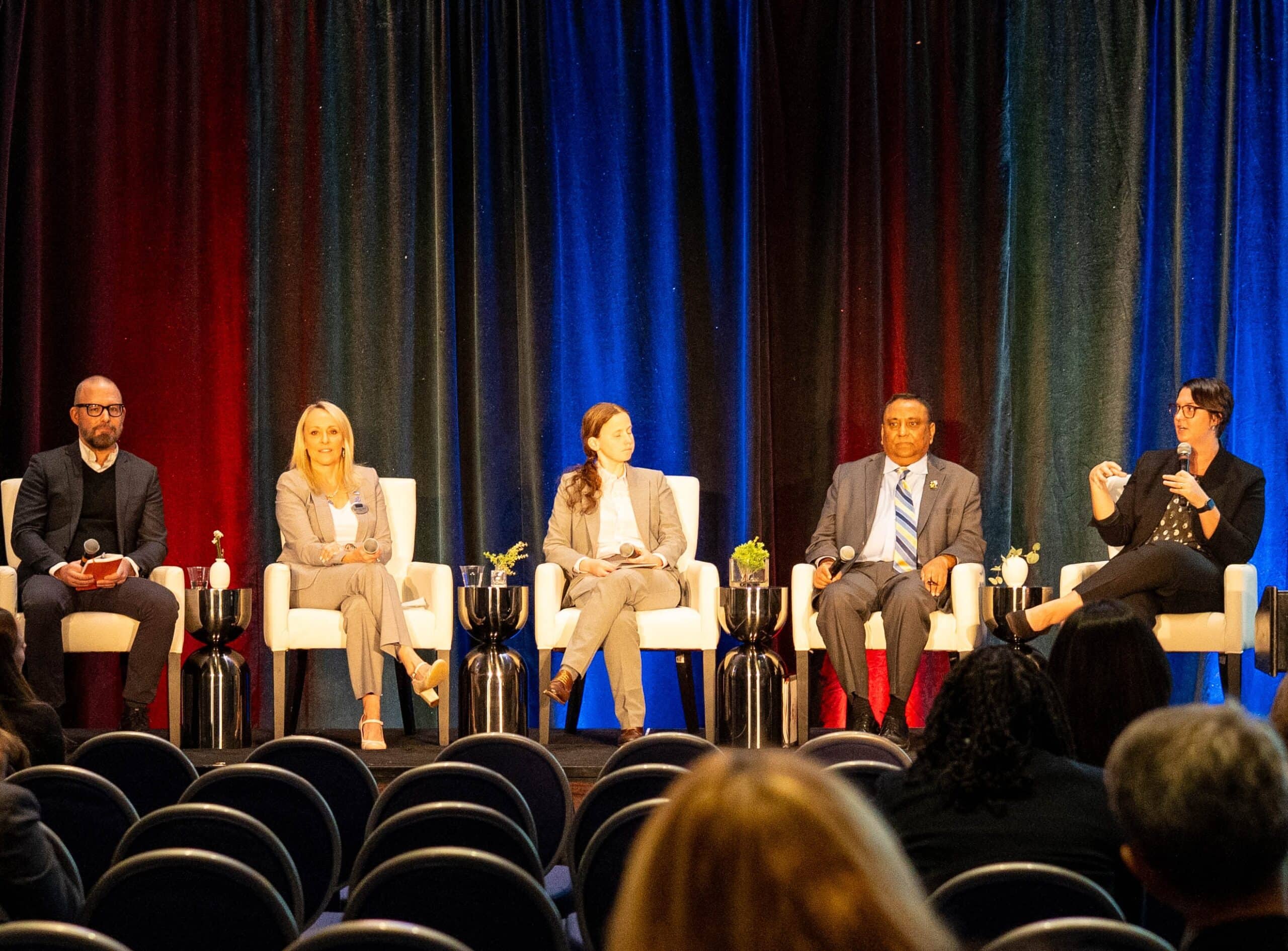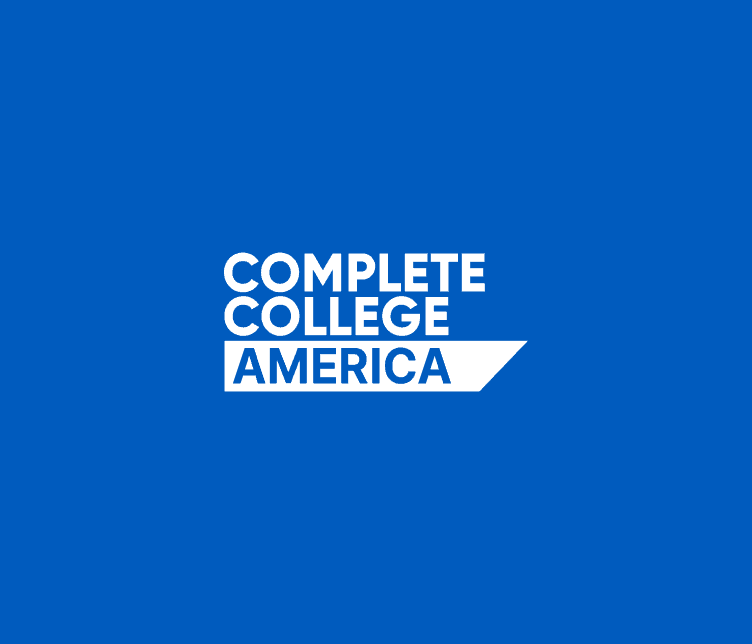
Media Contact: media@completecollege.org
New AI playbook and equity paper outline how colleges and universities can use generative AI to scale the number of students earning high-quality degrees and credentials—and the need to deliver that success equitably
INDIANAPOLIS (NOV. 16, 2023) – Complete College America (CCA), a national nonprofit organization tasked with raising postsecondary attainment in the United States, released a new set of resources for colleges and universities to navigate generative artificial intelligence (AI). CCA’s new AI playbook, “Attainment with AI: Making a Real Difference in College Completion with Artificial Intelligence,” and the accompanying position paper, “The AI Divide: Equitable Applications of AI in Higher Education to Advance the Completion Agenda,” lay out the potential of using AI to equalize and scale access to a college degree and the accompanying individual, economic, and societal benefits.
“AI is reshaping so many facets of modern life, and though there are challenges, we must look at the opportunities it brings, especially when it comes to student success and college completion strategies,” said Yolanda Watson Spiva, Ph.D., president of Complete College America. “Our new AI resources provide a roadmap for creating new capacity at campuses of every size and financial situation. We are keeping our eye toward the future, always grounded in our mission and commitment to equitable college access; the AI playbook and equity paper are exactly the type of resources that will propel equitable access to postsecondary credentials.”
The rapid growth of AI has started to reshape industries in numerous sectors, with organizations that have adopted generative AI seeing its benefits. As recent surveys indicate that more than 30% of students already use AI technology in the classroom, most conversations around AI focus on questions about its use in the classroom. Still, few resources exist to provide higher education institutions with a roadmap to use AI to build up student support and increase efficiency on campuses so that faculty and staff find additional time to provide direct support to students.
The new AI playbook from CCA and its partnering paper on AI and equity in higher education offer specific steps that institutions and policymakers can take to increase college attainment and, through that goal, close national racial and socioeconomic gaps.
“The strategies and policies that increase student success aren’t a mystery—but scaling those strategies and policies is a challenge for many institutions because of resource constraints,” Vistasp Karbhari, a past president of the University of Texas at Arlington, said. “As AI continues to grow, it has the potential to begin leveling the playing field across higher education; however, we must ensure that all institutions have the technology, expertise, and financial resources to access and implement technological advances such as generative AI. Only then will we be able to unleash the true scalability of these tools to address the inequities of access and attainment.”
Karbhari, a Complete College America Fellow who is currently a faculty member at UT Arlington and serves on the CCA board, was among the leaders who developed the AI playbook and equity paper in partnership with Complete College America. Audrey Ellis, founder of T3 Advisory, also co-authored the papers in partnership with Complete College America.
The equity paper lays out the development and convening of a new advisory council, the Complete College America Council on Equitable AI in Higher Education, to represent a diverse group of higher education stakeholders, including those who have been historically excluded from conversations about postsecondary policy, product, and funding decisions. The Council will consult with large technology companies to bridge partnerships between institutions often overlooked when rolling out new technologies.
The AI playbook offers ideas and new applications that AI colleges and universities can use to increase college opportunity and completion. It includes actionable steps that institutions can take immediately, in the near and long term, while providing sample prompts to use with generative AI chatbot technology. The playbook highlights three operational areas where institutions can implement generative AI-based solutions: organizational effectiveness, teaching and learning, and student experience.
“The playbook and equity paper are instruments that higher education professionals and practitioners can put into immediate use to accelerate equity, access, and completion on their campuses,” Ellis said. “Creating a landscape where colleges and universities can unleash the power of AI—albeit with cautions to keep in mind—to transform their institutions and uplift their students.”
The new AI resources are among the latest emerging technology guidance from CCA. The organization was among the first to showcase technological innovation in service of student success and completion through the CCA Technology Seal of Approval in 2016, which recognized specific software tools to support its Game Changer strategies.
###
About Complete College America:
Established in 2009, Complete College America is a bold national advocate for dramatically increasing college completion rates and closing institutional performance gaps. We are committed to college success for every student, recognizing that barriers to degree attainment—rooted in structural racism and inequality—have a disproportionate effect on Black, Latinx, first-generation, adult, and low-income learners. Our work focuses on advancing strategies that give all students the purpose, momentum, structure, and support they need to build on their talents and succeed in college and beyond.
About T3 Advisory:
T3 Advisory, founded by Audrey Ellis, partners with higher education institutions and national organizations to chart a strategic path forward in today’s complex landscape of technology and postsecondary student success. Our work leverages data analysis, strategic planning, and process improvement to build capacity for sustainable change.




